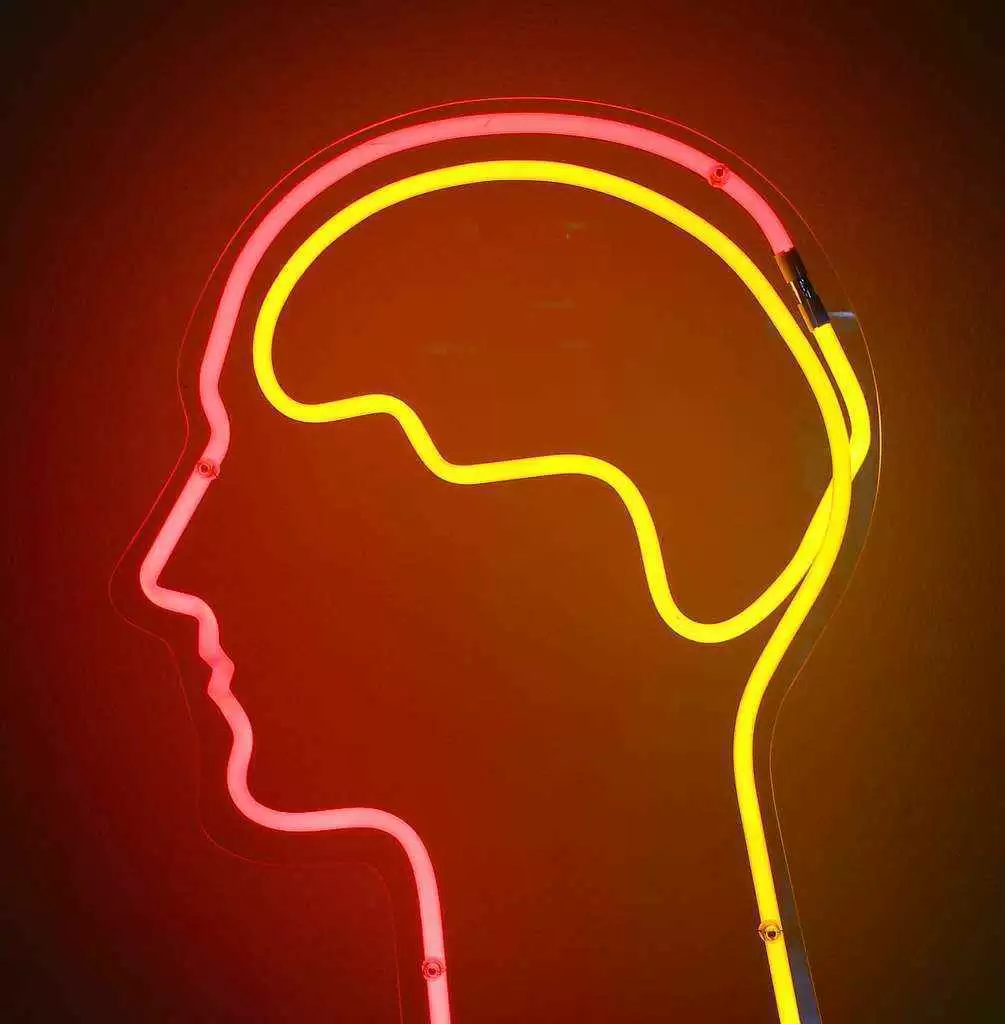
Celiac.com 02/18/2021 - There has been some evidence to support the idea that patients with anti-GAD ataxia and no gluten sensitivity may benefit form immunosuppressive drugs.
A team of researchers recently set out to report the clinical characteristics and treatment of patients with progressive cerebellar ataxia associated with anti-GAD antibodies.
Celiac.com Sponsor (A12):
The research team included M. Hadjivassiliou, P. G. Sarrigiannis, P. D. Shanmugarajah, D. S. Sanders, R. A. Grünewald, P. Zis & N. Hoggard. They are variously affiliated with the Academic Department of Neurosciences, and the Academic Department of Neuroradiology at the Royal Hallamshire Hospital, Sheffield Teaching Hospitals NHS Trust, in Sheffield, UK.
The team conducted a retrospective review of all 50 patients with anti-GAD ataxia treated at the Sheffield Ataxia Centre over the last 25 years. The rate of anti-GAD ataxia was 2.5% amongst 2,000 patients with progressive ataxia of various causes. Average onset age was 55, with an average duration of 8 years.
The researchers found gaze-evoked nystagmus in 26% of subjects, cerebellar dysarthria in 26%, limb ataxia in 44% and gait ataxia in all of them. Nine patients suffered from severe ataxia, 12 from moderate ataxia, and 29 from mild ataxia. Ninety percent of patients had a history other autoimmune diseases.
Just over half had a family history of autoimmune diseases. In nearly three out of four patients, baseline MR spectroscopy of the vermis was abnormal at presentation. Thirty-five patients had positive serological evidence of gluten sensitivity.
All 35 patients began a gluten-free diet (GFD). Eighteen patients, more than half, improved, while 13 patients stabilized, three patients began the GFD too recently to draw conclusions, and one patient got worse.
Sixteen patients received mycophenolate. Seven patients, nearly 45%, improved, while two patients stabilized, six patients began the medication too recently to draw conclusions, and one did not tolerate the drug.
There is considerable overlap between anti-GAD ataxia and gluten ataxia. For patients with both conditions, a strict GFD alone is sufficient treatment.
However, patients with anti-GAD ataxia and no gluten sensitivity respond well to immunosuppression.
Read more in The Cerebellum (2020)











Recommended Comments
There are no comments to display.
Create an account or sign in to comment
You need to be a member in order to leave a comment
Create an account
Sign up for a new account in our community. It's easy!
Register a new accountSign in
Already have an account? Sign in here.
Sign In Now